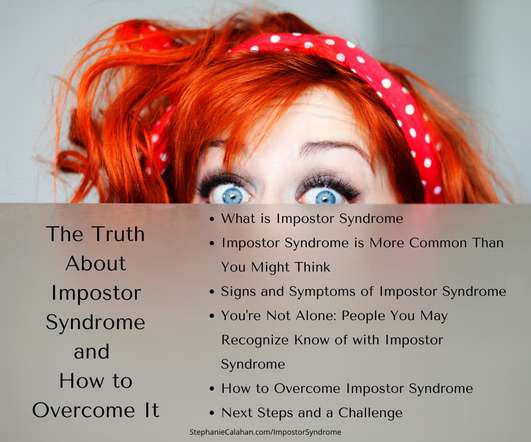6 Simple Steps To Help You Write The Best Cover Letters Using AI
Allwork
APRIL 29, 2024
According to a survey published by StandOutCV , the average job seeker needs to make at least 27 applications to land just one job interview. Mention a mutual connection: If you were referred to the position by someone within your network or have a connection at the company, mention their name and your relationship. 18% of U.S.












Let's personalize your content